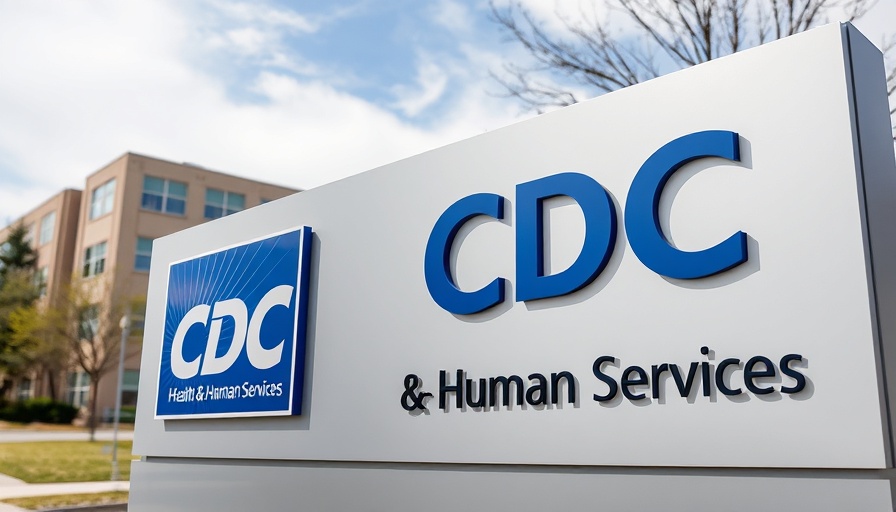
The CDC Postpones Key Vaccine Committee Meeting
The Centers for Disease Control and Prevention (CDC) has officially postponed a critical meeting of its Advisory Committee on Immunization Practices (ACIP), originally scheduled for February 26-28. This meeting marks the first under the Trump administration and Secretary of Health and Human Services Robert F. Kennedy Jr. It was highly anticipated not only for its discussions on routine vaccines but also due to implications tied to Kennedy's controversial reputation regarding childhood vaccines.
Purpose and Importance of the ACIP Meeting
ACIP plays a vital role in shaping vaccine policy across the United States. The committee, which meets three times a year, consists of independent experts who evaluate vaccines for their inclusion in public immunization schedules for children and adults. Their recommendations influence which vaccines are covered by health insurance and are available to families through programs like Vaccines for Children.
Concerns Over Postponement
The delay raises significant concerns among public health officials. Dr. Andrew Pavia, chief of pediatric infectious diseases at the University of Utah, expressed his fears that this postponement might be a tactic employed to undermine the committee’s influence over immunization protocols. He suggested that the stated reason for postponement—giving more time for public comments—was dubious, as the opportunity for public input had been limited.
Implications of Administrative Changes
Kennedy's leadership is already a point of contention. Known previously as an anti-vaccine activist, Kennedy has publicly criticized CDC vaccine policies, and his administration's approach appears to align with conservative agendas, such as Project 2025, which recommends limiting the CDC's role in vaccine recommendations. Such changes could alter public trust in vaccines, potentially impacting health outcomes across the country.
The ACIP's Ongoing Mission
Despite the postponement, ACIP workgroups met as scheduled to prepare for the future meeting and will present their findings accordingly. Upcoming discussions were to include evaluation of new vaccines for HPV, RSV, and Lyme disease, among others that are pivotal to public health. The question remains: when will this meeting be rescheduled, and how will it influence the future of vaccination protocols?
The Need for Vigilance in Public Health
Experts and stakeholders are urging vigilance during this transitional phase. Dr. Paul Offit, who leads the Vaccine Education Center at Philadelphia’s Children’s Hospital, noted the potential risks involved with the postponement, as it can delay FDA-approved vaccines from reaching the public, heightening the risk of preventable diseases.
Future Outlook
The CDC's efforts to maintain its advisory committees and uphold science-based recommendations are crucial in combatting misinformation and ensuring community health safety. As organizations fight to ensure that vaccinations are delivered efficiently and effectively, increased scrutiny over administrative actions becomes paramount.
The postponement of the ACIP meeting serves as a reminder of the ever-shifting landscape of public health policy in the United States. As this situation continues to unfold, both public health leaders and citizens must remain proactive in advocating for transparency and comprehensive vaccine guidance. This is imperative not just for managing current public health crises, but for the future health of the population as a whole.
 Add Row
Add Row  Add
Add 




 Add Row
Add Row  Add
Add 

Write A Comment